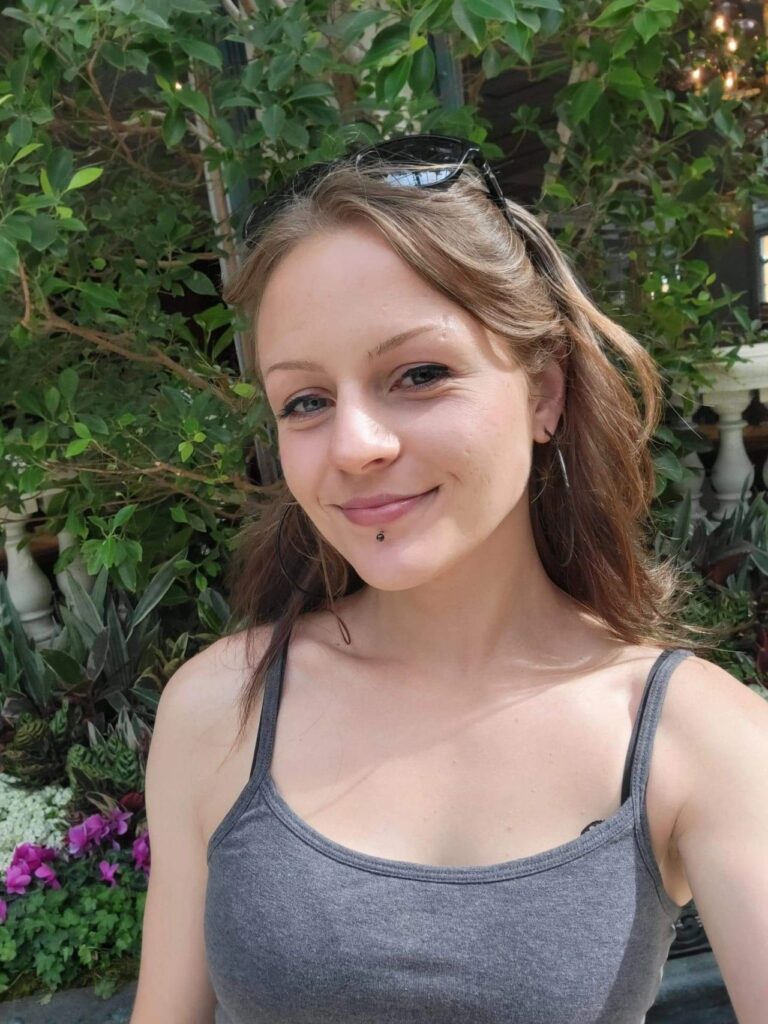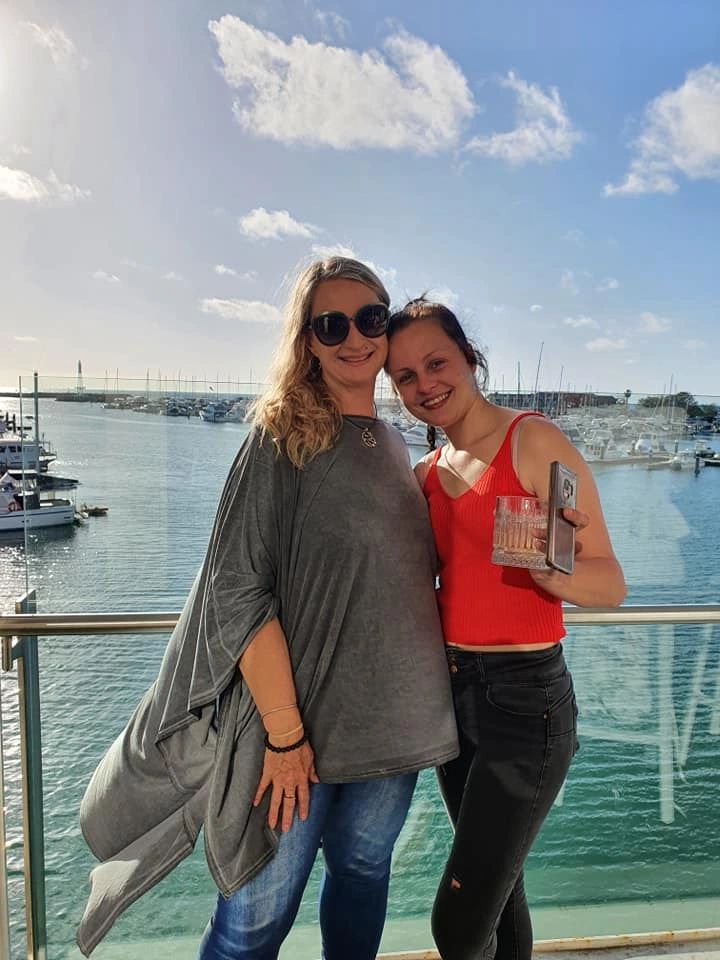In a poignant episode of our podcast, I had the opportunity to speak with Julie Adams, a mother who has turned her grief into a powerful campaign against domestic violence. Julie’s daughter, Molly Adams, tragically died by suicide after enduring relentless domestic abuse. Julie is now advocating for legislative changes to prevent perpetrators of domestic violence from inheriting their victims’ superannuation benefits. Molly’s story sheds light on the multifaceted nature of domestic violence, encompassing control, sexual and reproductive coercion, financial manipulation, emotional torment, and physical abuse.
Julie Adams’ journey into advocacy began with the heartbreaking realisation of the extent of abuse Molly suffered. Molly’s abuser inundated her with hundreds of daily messages, belittling her, calling her derogatory names, and even encouraging her to end her life. He manipulated her by threatening his own suicide, a tactic Julie later learned is common among abusers. This form of psychological manipulation is a sinister way to exert control, making the victim feel responsible for the abuser’s actions and mental state. Julie talks about the signs of this relentless abuse, which ultimately led to Molly’s tragic decision.
The concept that suicide as a result of domestic violence is akin to murder, as articulated by Jane Monkton-Smith, resonates deeply with Julie. She describes how Molly’s abuser’s threats were not just of self-harm but veiled threats of murder, using Molly’s own hands as the weapon. This realisation came too late for Molly, but it has fuelled Julie’s determination to prevent other families from experiencing similar tragedies.

After Molly’s death, Julie faced the painful task of pretending everything was normal to bring Molly’s body home. It was during this time that she discovered the financial implications of Molly’s death. Despite the abuse, Molly’s abuser stood to benefit financially from her superannuation. This injustice spurred Julie into action, channelling her grief and anger into a campaign to change the laws that allow perpetrators to profit from their victims’ deaths.
Julie has been actively involved in a Senate inquiry into financial abuse related to domestic violence. Her submission, which included Molly’s story, highlighted the prevalence of domestic violence-related suicides and the need for systemic change. The inquiry aims to understand how abusers exploit financial systems to control their victims and to propose legislative changes to close these loopholes.
The statistics are staggering: domestic violence-related suicides are ten times more common than previously acknowledged, with an estimated 600 women dying by suicide, in Australia, each year due to domestic violence. Yet, these deaths often go unnoticed, overshadowed by the more visible cases of physical violence. Julie’s advocacy seeks to bring these hidden tragedies to light and to ensure that victims receive the support they need to escape abusive situations.
Julie emphasises the importance of understanding the psychological impact of abuse on victims. She references the work of Don Hennessy, who speaks about the need to protect a woman’s mind from being destroyed by her abuser. Julie wishes she had known then what she knows now about the risk of suicide and the steps that could have been taken to prevent Molly’s death.
Through her tireless efforts, Julie has garnered support from superannuation funds, media outlets, and government bodies. Her campaign has gained momentum, and there is hope that legislative changes will soon be enacted to prevent perpetrators from benefiting financially from their victims’ deaths.
Julie Adams’ story is a powerful reminder of the insidious nature of domestic violence and the urgent need for systemic change. Her advocacy not only honours Molly’s memory but also seeks to protect countless others from suffering the same fate. By raising awareness and pushing for legislative reform, Julie is making strides toward a future where victims of domestic violence are no longer silenced, and justice is served.
Subscribe to The FEMCAST and help us bring these critical stories to light. Each listener, each voice, and each story makes a difference. Together, we can break the silence.
If you have experienced any form of abuse please visit our website HERE for supports and help.
If you enjoy my content and would like to support our research and work, consider buying me a coffee. Your contribution helps me continue creating this content. Thank you for your support! Click here to support
QR Code to support








